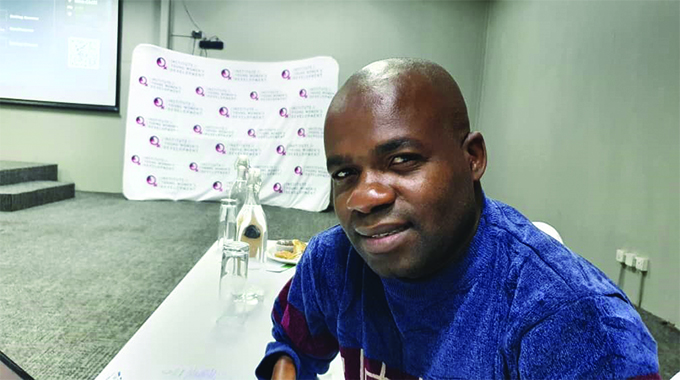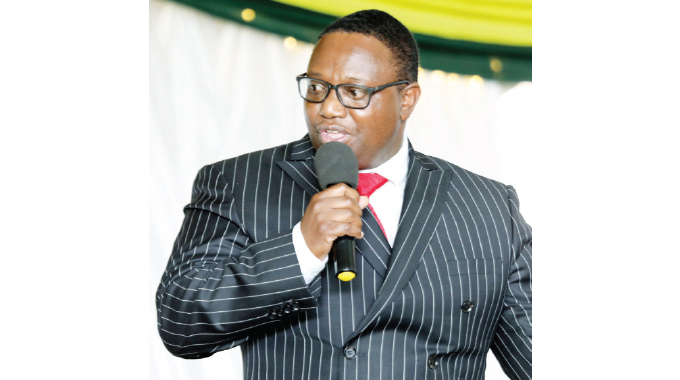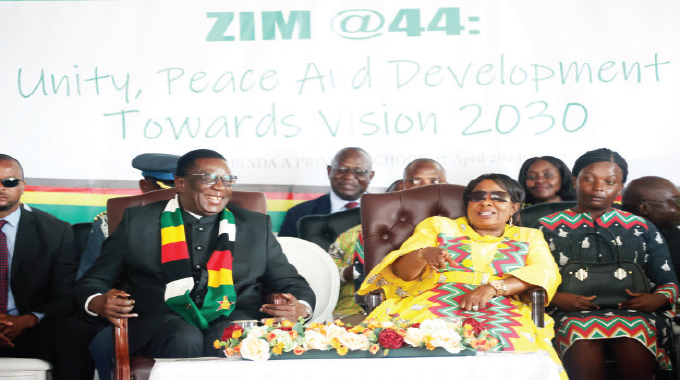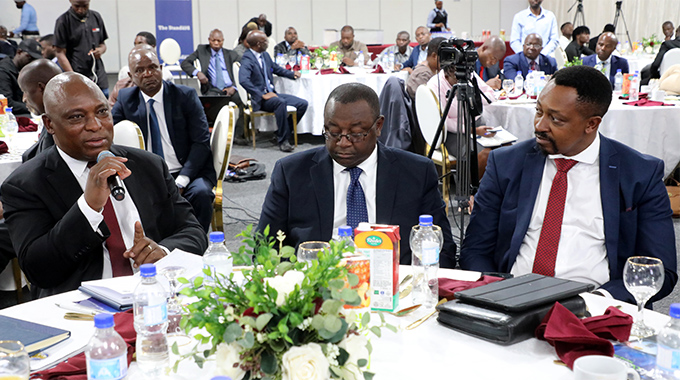Concern over rampant cases of abuse of people with disability

Sukulwenkosi Dube-Matutu, Online Reporter
GWANDA-based disability organisation Nkomwa Foundation Trust has raised concern over rampant cases of abuse of people with disability, mostly women and girls.
The director of the Trust, Mr Pick Nkomwa said they continue to receive cases of abuse of people with disability, especially from the rural community.
He said the perpetrators take advantage of the failure of their victims to report.
“Some of the cases we have recorded from the end of last year up to date include that of a 38-year-old woman with a physical disability was sexually abused by a villager, a 20-year-old who is intellectually challenged and was impregnated by an unknown suspect, a 15-year-old visually impaired teenager was being overworked by her relatives, a 15-year-old was verbally and physically abused by her father.
“A 17-year-old was physically and emotionally abused by her relatives, a 44-year-old was physically and sexually abused by her brother-in-law, a 15-year-old speech impaired teenager was sexually abused by her step father, an 18-year-old teenager with Down Syndrome was sexually abused by an unknown perpetrator while in a new case a 28-year-old disabled woman was sexually abused by a tenant,” he said.
Mr Nkomwa said some cases go by undetected as they are never reported.
The world report on disability estimates a disability prevalence of 15 percent of the world’s population, translating to more than one billion people. Estimates show that more than 80 percent of persons with disabilities live in developing countries and more than half of them are women.
The disability prevalence in Zimbabwe stands at an estimated 9.3 percent.
Mr Nkomwa said the organisation has improved its presence within communities in order to detect these offences and also raise awareness within communities.
“Women and girls with disabilities continue to face intersecting forms of discrimination due to their gender, disability and social and negative cultural norms as well as religious beliefs. These factors increase their vulnerability and put them at higher risk of gender-based violence and sexual and gender-based violence, harmful practices, poverty and marginalisation.
“There is very limited accessible information on what to do after experiencing gender-based violence not to mention the complexity of seeking justice at courts. Furthermore, women and girls face communication and structural barriers to receiving post-violence services. As an institution, we are leaving no stone unturned in providing information to the disability constituency in various platforms,” he said,
Follow on Twitter @DubeMatutu











Comments